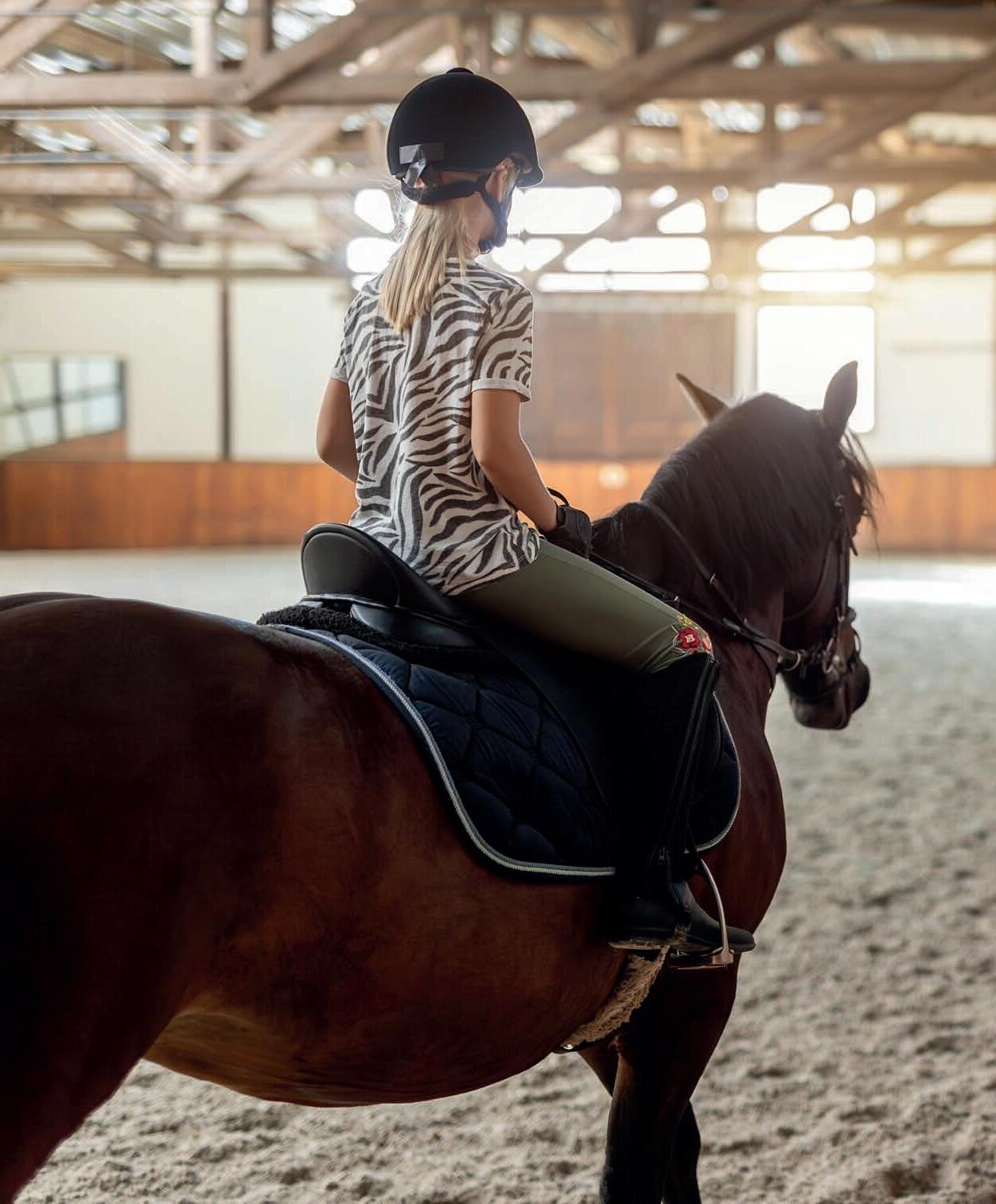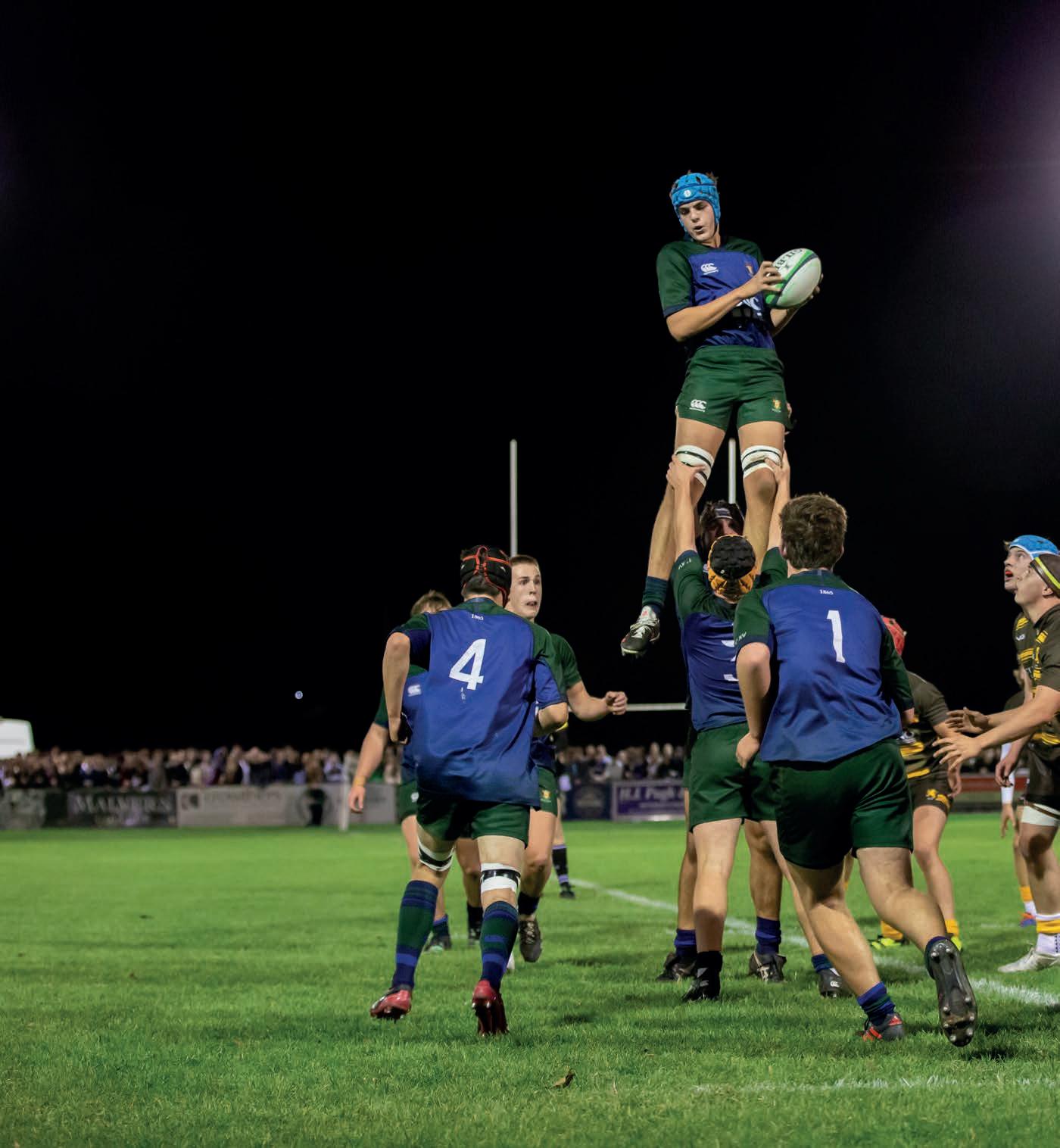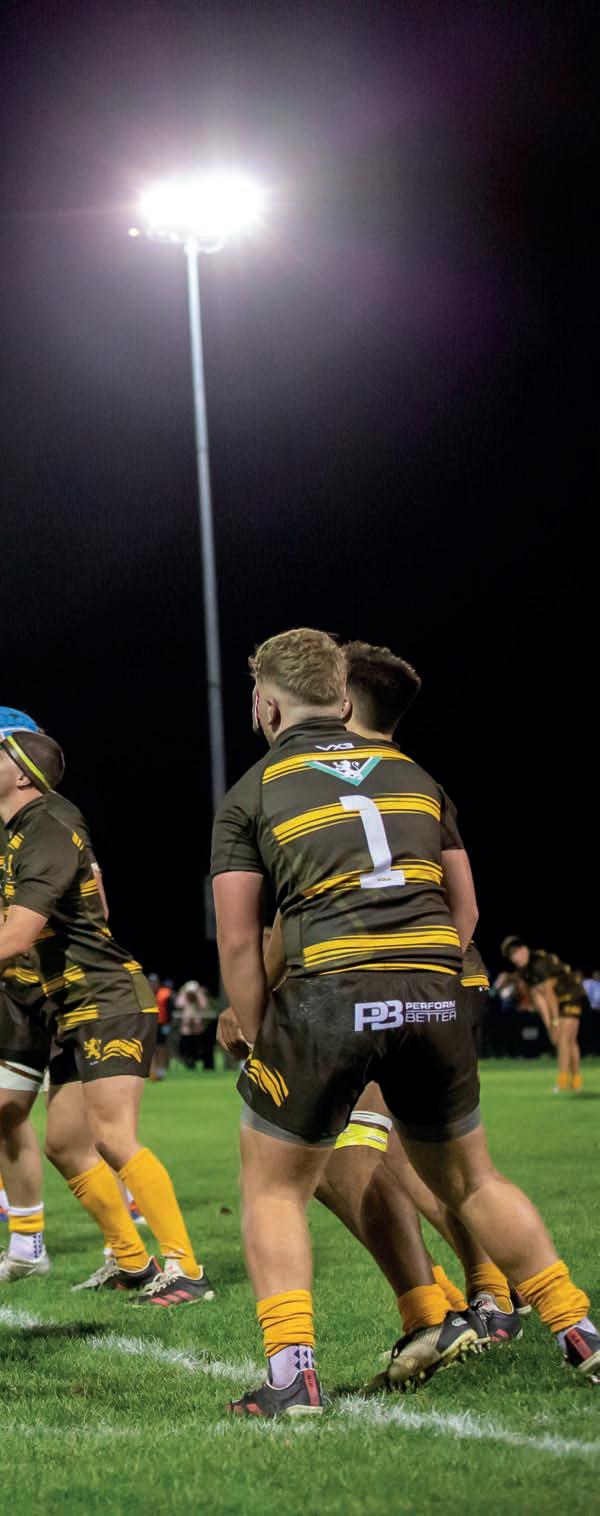











SIBLINGS WHO ATTEND THE SAME SCHOOL benefit from the “spillover effect” where the academic success of an older sibling POSITIVELY INFLUENCES THE YOUNGER SIBLING













SIBLINGS WHO ATTEND THE SAME SCHOOL benefit from the “spillover effect” where the academic success of an older sibling POSITIVELY INFLUENCES THE YOUNGER SIBLING
Samantha Dainty of Bespoke Minds Education looks at the pros and cons of educating siblings at the same school
In Larkin’s often-quoted poem This Be The Verse, he uses humour to make light of generational trauma and how children can be damaged by the choices their parents make. While I’ll steer clear of both profanity and the poetic form in making my point, one of the major choices that parents make is where to send their children to school. Given that they spend roughly six or seven hours a day at their chosen institution, it’s certainly an important choice.
I recently asked my parents if they had any regrets about my schooling. Despite divorcing and having limited communication, their answer was the same: they wished that they’d put my identical twin sister and me into different classes.
Having taught twins at several boarding schools, I’m inclined to agree that twins should be separated. But what about siblings in general? And what about different schools?
So, what are the pros of siblings attending the same school? Firstly, with the majority of households being reliant on dual income, coordinating schedules can already be an area of strain within a family. Smith and Brown’s research in 2021 focused on “logistical simplification” when researching the benefits of siblings attending the same
school. There’s only one set of teachers’ names to learn, one online portal to navigate (who wants to learn both SIMS and iSAMS?), and the same key dates resulting in more “family cohesion”. Furthermore, research by Parker and Roberts (2019) highlights that logistical simplification can lead to increased parental involvement in school activities, which is linked to better academic outcomes for children.
Plus, if you’ve chosen the independent route, a sibling discount can move the needle!
Most significantly, perhaps, is how siblings who attend the same school benefit from the “spillover effect” observed in research from the University of Essex, where the academic success of an older sibling positively influences the younger sibling, leading to increased academic performance and motivation. Furthermore, a study by Johnson et al. (2018) found that the effect can be even more pronounced in subjects where the older sibling excels, further boosting the younger sibling’s performance in those areas.
And it’s not just academically where benefits can be seen; siblings attending the same school share a sense of familiarity, serving as a mutual support system, though Turner and Smith (2015) warn of the dangers of “over-reliance”.


















How do you strike the right balance when it comes to how many clubs or extracurricular activities your child is signed up to? Kate Freud finds out…
Even very young children these days can participate in several a erschool clubs a week, which increases as they get older, leaving some with little free time at all. “ ere’s a tendency to sign our children up to endless activities and try to shape them into the person we want them to be,” says Liat Hughes Joshi, parenting expert and author of the parenting guide New Old-Fashioned Parenting. “With so many clubs on o er, the message is that you’re short-changing your child if you don’t sign them up for karate or cello lessons.”
the overwhelm
As a parent of three children, aged six, nine and 12 I’m inclined to agree. We’ve come to a point where we don’t have a single weekday night free, their a er-school hours consumed by everything from ballet to cricket, with me hotfooting from one to the next with very little let up in between. We try to keep the weekends free but I’m aware it’s a lot for them, and me. ough research from the Social Mobility Commission shows that a er-school activities are bene cial for children in many ways, particularly teaching them ‘so skills’ like communication, creativity, con dence and self-esteem, how do we strike a balance between helping our children thrive and preventing them from becoming exhausted and possibly resentful?
“Children need down time a er school, just as we adults do a er work,” explains Chartered Educational and Child Psychologist Hannah Abrahams. “ erefore, it isn’t advisable to ll
As global interest in women’s sport increases, Katie Hughes looks at how schools inspire passion in the next generation of female athletes and sports stars
Female athletes in this year’s Paris Olympic Games didn’t just make history by (almost) matching their male counterparts in number, they also wrestled, boxed and kicked their way to medals in what some would see as traditionally male events.
ankfully, the Olympics are no longer an “exaltation of male athleticism”, as the founder of the ‘modern games’ wanted them to be. Nor is it accepted that running, jumping and climbing might damage women’s reproductive organs or make them unattractive to men (a bygone theory highlighted by historian Kathleen McCrone).
As England gears up to host the 2025 Women’s Rugby World Cup, interest and participation in girls’ sport, especially activities once considered the preserve of boys, is set to ramp up another notch. And independent schools are well ahead of the curve.
e Youth Sport Trust cites improved self-perception and con dence among the many mental health bene ts of sport. And it says that playing sport at school can promote life skills like teamwork, resilience and self-discipline.
Not so positive, however, is that recent research from the charity Women in Sport shows that girls nationally are less likely to be physically active than boys, and more likely to lose interest in sport when they hit their teens.
By giving girls more sporting choices than ever, independent schools are helping to buck this trend.
And they’re not just starting young with pupils, they’re also reversing traditional gender stereotypes in sport.



According to the Women’s Sport Trust, a record-breaking 22.6-million people tuned in to watch women’s sport between January and May 2024 – and this year’s Women’s Six Nations rugby tournament was the most viewed on record


Keith Metcalfe, Head of Malvern College, Worcestershire explains the importance of supporting gifted students of all means through fee-assistance initiatives…

As the sporting world went crazy for the summer Olympics, we were all reminded how the goal of ‘stronger, higher, faster’ can create a massively positive energy among young people from every background and nation across the globe.
Countries and organisations within the UK, such as Sport England, have worked hard to promote and source funding initiatives to ensure that sport is available to all.
As an educator and leader of a school that truly promotes an holistic approach to education, where we look for every opportunity to develop positive attitudes to learning, personal growth and impact on society, I’ve particularly loved hearing the back stories to the various sportsmen and women who have almost always talked about the coach, teacher or mentor who inspired them to follow their dream, set their targets and achieve their goals.
All educators want to encourage commitment and support the hard work required to develop talents, while also ensuring financial status isn’t a barrier to achieving success.
That’s across the board, regardless of whether you work within the state or independent sector and, for those who have the ability to support others to achieve that aim, it is something which is a privilege to do.
Scholarships and bursaries for an independent school are a very effective means of doing this, and these vital initiatives have helped generations of pupils from all backgrounds to access first-class education and greater opportunities in sports, the arts and in academia. It’s long been an accepted philosophy that those who can, support the education of others through philanthropy.
We only have to take a look back at a summer of sensational sport and some inspiring reactions to that competition – both from medal winners and those yet to reach that goal – to see what an impact these programmes can have, not only in developing sporting prowess, but also s
ALL EDUCATORS WANT TO ENCOURAGE COMMITMENT and support the hard work required to develop talents, while also ENSURING FINANCIAL STATUS ISN’T A BARRIER TO SUCCESS
Autumnal fun for youngsters, half-term inspiration and a competition
From Halloween parties to trick or treating, Meri Meri’s enchanting new costume range is sure to cast a playful spell over all of October’s fun occasions, with all of the accessories required for head-totoe fancy dress. Abracadabra! Witch cape, hat and wand, £90; wizard cape, hat and wand, £115 merimeri.co.uk
